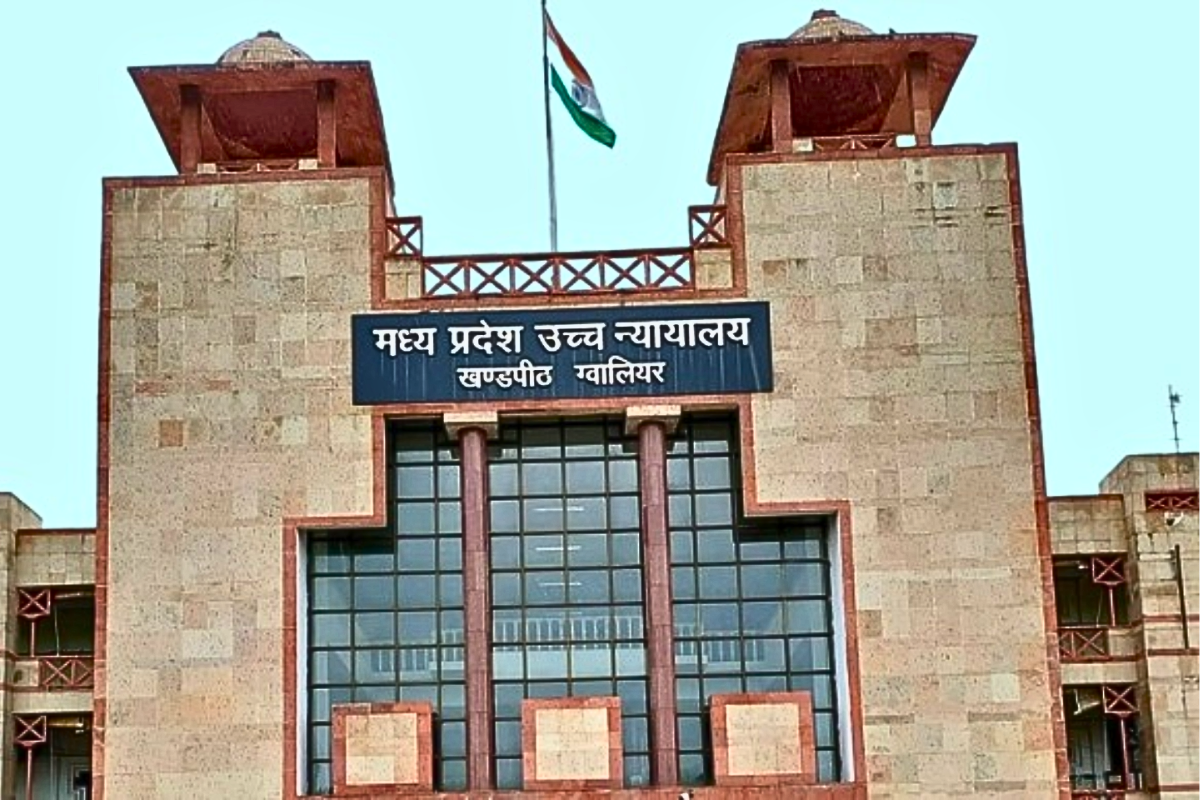

NEW DELHI: In a significant ruling, the Madhya Pradesh High Court criticized the denial of a permit to establish a slaughterhouse in Mandsaur city, stating that rejecting such applications on the grounds of a city’s religious identity is untenable. Justice Pranay Verma, presiding over the matter, clarified that a 2011 State Government notification under the MP Municipalities Act, 1961, designating a 100-meter radius as sacred, does not render the entire city sacred.
The Court directed the Municipal Council of Mandsaur to issue a No Objection Certificate (NOC) to petitioner Sabir Hussain for establishing a slaughterhouse to process buffalo meat. This order was passed in response to the petitioner’s challenge against the Municipal Council’s earlier refusal to grant an NOC on the basis that Mandsaur is a sacred city.
ALSO READ: Supreme Court upholds 2020 verdict on Nilgiris Elephant Corridor
The petitioner had sought a NOC under Section 264 of the MP Municipalities Act, 1961, asserting that the 2011 notification’s sacred designation was limited to a specific area and did not prohibit slaughterhouses beyond that radius. Despite this, the Municipal Council denied the request, citing ongoing procedures to identify suitable land for a modern slaughterhouse and the city’s religious significance. Recommendations from local police authorities also advised against granting the permit due to concerns over public sentiment and potential law-and-order issues.
The High Court rejected the Municipal Council’s reasoning, emphasizing the importance of adhering to legal provisions rather than subjective interpretations of religious significance. Justice Verma observed:
“The issue is regulated by specific legal provisions, and even the notification which has been issued by the State Government on 09.12.2011 has declared an area of only 100 meters in radius to be a sacred area. Only for issuance of such a notification, the entire city cannot be considered to be a sacred area. The stand as taken in the return by respondent No.3 hence cannot be accepted.”
ALSO READ: High Court criticizes delay in SOP to protect Delhi’s trees
The Court further dismissed the reliance on police recommendations, stating they were based on law-and-order concerns rather than statutory provisions of the MP Municipalities Act. The judgment underscored that the Municipal Council could not abdicate its statutory responsibilities under the guise of such recommendations.
The Court ordered the Municipal Council to issue the NOC, allowing the petitioner to proceed with the establishment of the slaughterhouse. However, it mandated compliance with environmental laws, including the Water (Prevention and Control of Pollution) Act, 1974, and the Air (Prevention and Control of Pollution) Act, 1981, among others. The Court clarified that animal slaughter would only be permissible upon obtaining requisite clearances under these laws.
The petition was subsequently allowed, marking a reaffirmation of legal principles over subjective interpretations of religious identity.